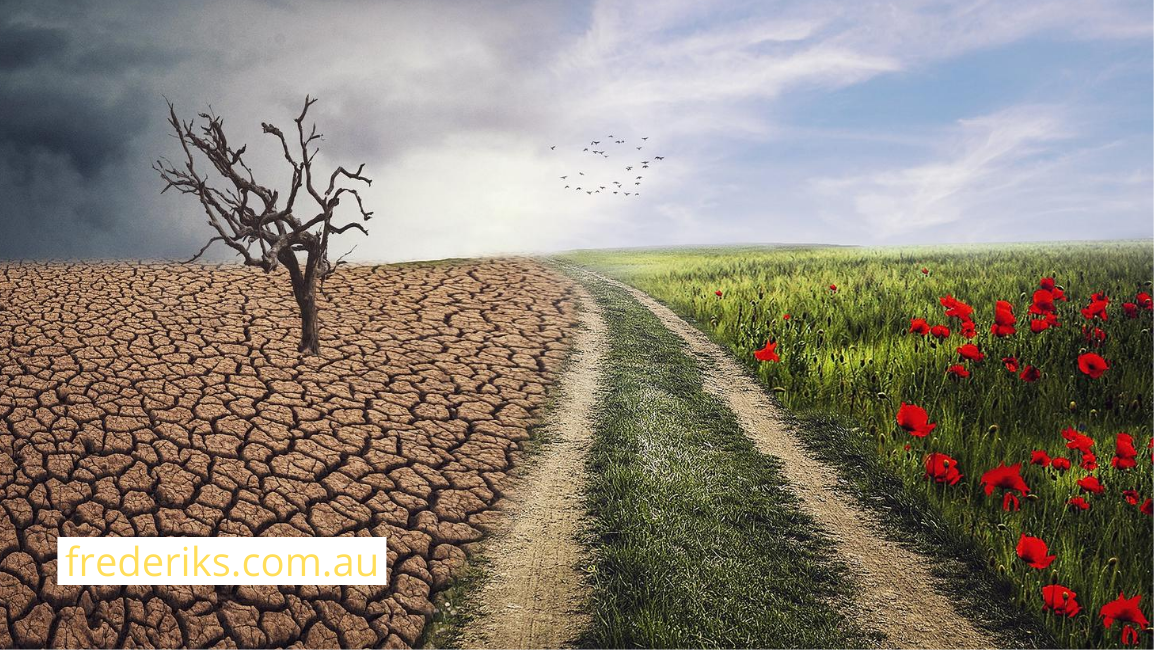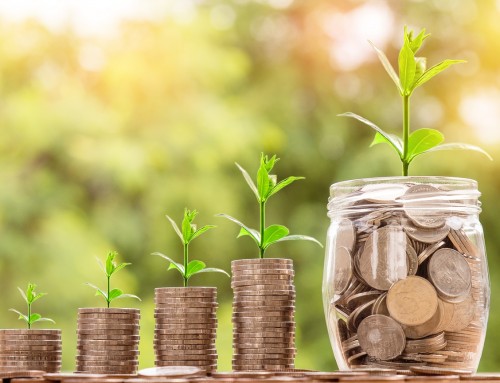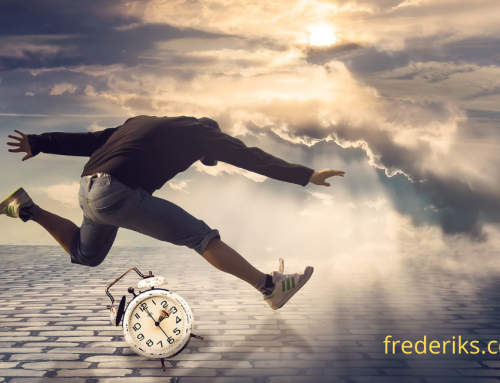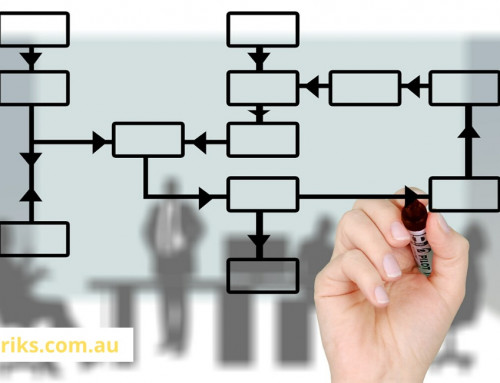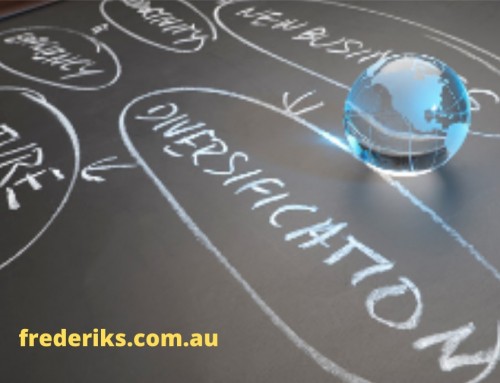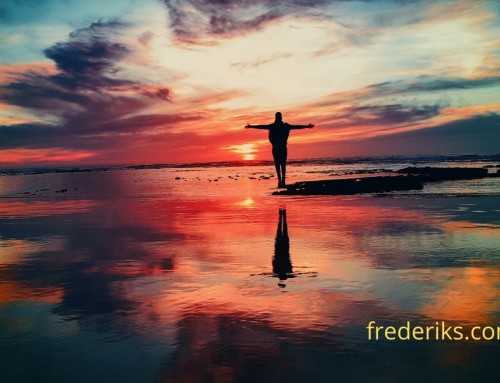The major difference between really successful businesses and unsuccessful businesses is that the business owner and/or the team is prepared to make decisions and take action. It is very easy to be distracted by all the doom and gloom, but really in survival of the fittest it is those who are quick to adapt that reap the rewards. In other words when life gives you lemons make sure you know how to pivot your business!
Winston Churchill once said “A pessimist sees the difficulty in every opportunity; an optimist sees the opportunity in every difficulty” and I think this is just as relevant in todays climate as much as it was when he first said it.
The definition of luck is when ‘preparedness meets opportunity’ and there are always opportunities around us, even while we’re in the middle of a global pandemic.
We have seen lots of examples of businesses that have come across a problem due to today’s climate and have looked at solutions before pivoting their business to take action quickly.
Gate Gourmet (the company that provides Virgin Australia their in-flight meals) offered packs of 10 frozen meals to people (pick up only) starting at $2 per meal. Their Perth branch sold out remarkably fast as it’s a cheap meal for consumers and from a business perspective it helps to reduce the companies waste while providing some cashflow.
When cafes and restaurants were forced to close their doors to patrons and offer takeaway only we heard of a number of enterprising ideas including the Townsville café who offered a roll of toilet paper with every two coffees (they obviously weren’t going through as many as their toilets were closed!). In Brisbane’s West End a café was offering packets of dried pasta and bottles of passata at wholesale prices to patrons who purchased coffees and/or takeaways. This reduced costs that the businesses were carrying while instilling more goodwill in the community than thousands of dollars of advertising could replicate.
Restaurants that quickly pivoted their businesses to offer takeaways and/or delivery also did well. With more people stuck at home some of the restaurants also offered meal kits with instructions so that people could cook their own meals at home. This was a way to offer families an activity and not just food, again it was also a great way of marketing the business as well as providing cashflow.
More ideas that we have seen both in Australia and overseas are distilleries producing hand sanitizer; fashion businesses producing protective gear and other supplies for hospitals; brands such as Ford helping to produce ventilators.
Obvious winners were online shopping sites, in fact some stores have had such success with their online business that they are reducing the numbers of storefronts that they are going to reopen.
As huge numbers of people had to adapt to working from home (or not working) there was a surge in pet ownership which meant more purchases relating to pet care, toys, pet fashion etc. Shortages in shops set people onto exploring self sufficiency and, just as rationing during the World Wars led to victory gardens being planted, so have more people turned to growing their own vegetables in 2020.
Companies such as Bunnings have also seen an uptick in people starting home improvement projects and have kept certain car park spaces free for customers to collect things they’ve ordered online so that the contact has been kept to a minimum.
Leaders and brands can be made or broken depending on how they respond to changes. One person who has definitely cemented his reputation in a positive way is Joe Wicks. Joe is a fitness coach in the UK, also known as the Body Coach, who decided to announce free half hour of fitness exercises for children on the day lockdown was announced in the UK. His sessions were called PE with Joe and he was dubbed as the nation’s PE teacher with all ages participating throughout the length of the country’s official lockdown.
How companies have treated their employees and the type of advertising they’ve been doing has also affected how they have been perceived by their consumers and brands have been made or broken as a result.
Brands such as Heineken have suffered a backlash with their advertising definitely not showing any social distancing, while brands such as Oreo have realized the need for a little levity amongst all the gloom and doom with their ‘we need to stay playful now, more than ever’ attitude. Dove are another brand that has gained positive brand recognition with their advertising being used to say thankyou to hospital staff as well as pledging to donate to Direct Relief to care for front-line healthcare workers in the US.
Is your business and/or brand thriving at the moment or is it dying? Why not get some advice from one of our accountants and business advisors and find a way to positively pivot into the rest of 2020? Call us on 3826 6111 or email us at admin@frederiks.com.au to make an appointment.


